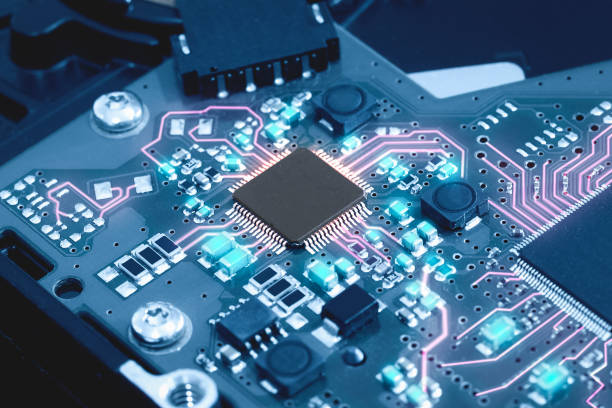[Reuters Analysis] How China's chip equipment manufacturing sector stacks up

By Che Pan and Brenda Goh
BEIJING, May 14 (Reuters) - SiCarrier, a Chinese chip equipment maker with close links to Huawei, has created a stir with the breadth of its planned product range.
Its efforts to become a one-stop shop for all tools needed to semiconductors illustrate how the sector - still relatively young in China - is responding to President Xi Jinping's call to reduce the country's reliance on foreign suppliers.
Here is an overview of China's chip equipment sector, including some of its main players:
HOW MUCH MARKET SHARE DO CHINESE FIRMS HAVE?
Domestically made wafer fabrication equipment accounted for just 11.3% of purchases by China last year, according to data from consultancy TechInsights.
That is, however, up from 5.1% in 2020 when the U.S. started curbing chip sector exports, prompting China to begin pouring billions more into its domestic industry.
China has been the biggest buyer of wafer fabrication equipment for the past two years. In 2024, it purchased $41 billion worth of tools, accounting for 40% of global sales, according to TechInsights.
WHAT IS CHINA'S MAIN WEAKNESS IN THIS SECTOR?
ASML ASML.AS of the Netherlands is the world's sole manufacturer of the most advanced lithography systems that make patterns on substrates. But the U.S. has, since 2019, blocked ASML from selling its extreme ultraviolet (EUV) lithography tools to China.
That forced Chinese firms to import less sophisticated deep ultraviolet (DUV) lithography systems to make 7-nanometre chips. Last year, Washington also denied China access to ASML's advanced immersion DUV machines.
Shanghai Micro Electronics Equipment Group (SMEE), China's only company with commercially available lithography systems, has equipment that can support the production of 90 nm chips, well behind ASML.
SiCarrier's patents indicate it is working on DUV lithography systems, but the startup has yet to unveil those products.
An advanced semiconductor production line needs more than 3,000 tools spanning patterning, process and inspection. China's self-sufficiency ratio for equipment capable of manufacturing chips of 7nm or below is still less than 10%, according to consultancy IDC.
WHAT TOOLS ARE CHINESE COMPANIES SHOWING PROMISE IN?
China's self-sufficiency ratio for equipment used in photo-resist removal and cleaning has reached 50%, according to Galen Zeng, a senior semiconductor analyst at IDC.
Naura 002371.SZ and ACM Research Shanghai 688082.SS are among domestic providers of such tools.
Naura has the broadest product portfolio covering deposition, which layers thin films on silicon wafers, and dry etching as well as thermal processing and cleaning. Its revenues hit 29.8 billion yuan ($4.1 billion) in 2024, five times more than in 2020.
Advanced Micro-Fabrication Equipment Inc (AMEC) 688012.SS is another large Chinese chip equipment maker. It focuses on dry etching tools that remove excess material from the surface of silicon wafer, but is also rapidly expanding in deposition equipment.
AMEC's revenues have also jumped, quadrupling since 2020 to 9.1 billion yuan last year.
($1 = 7.2111 Chinese yuan)








